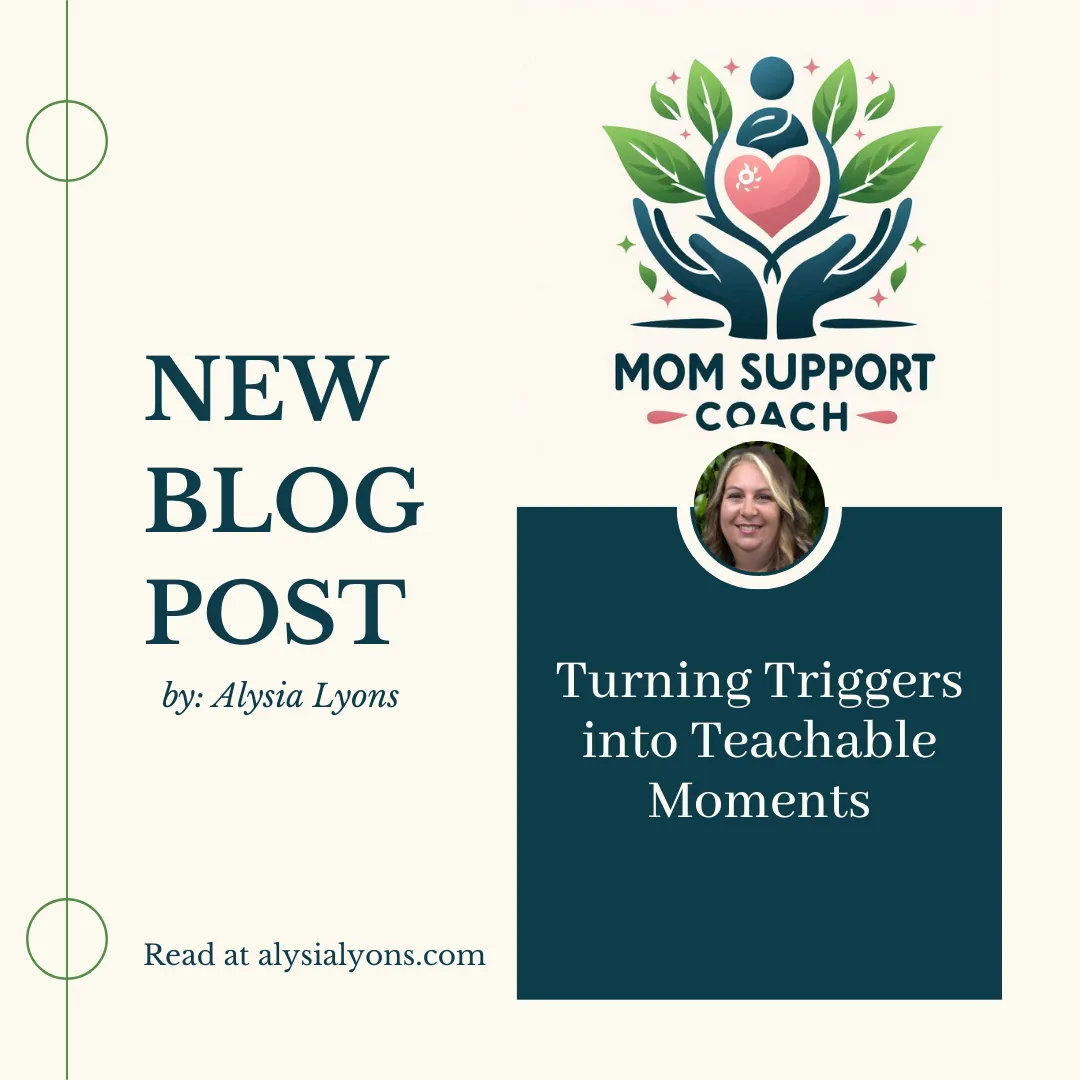
Turning Triggers into Teachable Moments
Last night, while I was on a coaching call, my son was in the other room playing video games. He’s generally not tuned into my calls, but it was a particularly busy day, and I didn’t have much time to interact with him. During one of my calls, he came over and gave me several hugs, which was sweet, but our one-on-one interaction was minimal.
About 30 minutes into my call, from the other room, he called out, “Mom, what are you yapping about?” Instantly, I felt my body react—a familiar reaction that many of us raised by Baby Boomers might recognize. However, I’ve done a lot of work to manage my external reactions, even when my internal reaction is strong. Being on a coaching call helped maintain my composure.
I excused myself from the call for a moment, muted my microphone, and told my son that what he said felt rude to me. His response was a casual, “What do you mean it was rude? I was just asking what you were yapping about.” His nonchalant reply made me smile, realizing our generational differences in communication. Words carry different weights across generations—just ask a 12-year-old about “skibbidy toilet” or “Riz.”
I reflected on why his words felt rude. It was the word “yapping” that triggered my reaction.
As a mom, it’s my responsibility to teach my child how to communicate respectfully, not to shut him down for stepping on an unintended landmine. I explained to him that “yapping” feels rude to me and that I’d prefer he ask, “What are you talking about?” instead.
This incident reminded me of a concept called “Shark Music.” Imagine being at the beach, listening to classical music, feeling relaxed as the waves lap at your feet. Now, if that serene scene suddenly included the ominous theme from Jaws, your entire experience would shift, evoking a sense of danger. Similarly, when we feel triggered in everyday situations, we might be hearing our own “shark music.”
Later, I discussed this concept with a client who felt hurt when her friend didn’t respond to her text messages. She’d send a message like, “How are you?” and receive a brief reply, but then nothing—no follow-up, no acknowledgment. This silence felt rude and dismissive to her. I could empathize, as many of us might feel slighted in similar situations.
I introduced her to the “Compass of Clear Communication,” a technique I used with my son. It involves stating the facts of the situation, expressing your feelings, and making a clear request. Here’s how it works:
1. State the Facts: “Sometimes, when I send a text, you don’t respond.”
2. Express Your Feelings: “I make that mean I’m not important to you, and that makes me feel sad and angry.”
3. Make a Request: “In the future, could you at least send a thumbs-up when you receive my texts?”
This approach can be challenging, especially for recovering people-pleasers who struggle to speak their minds. We often become people-pleasers because our honest expressions were met with disapproval, so we learned to stay quiet.
For my client, taking these first steps was a significant breakthrough. She recognized that her friend’s silence didn’t necessarily mean she didn’t care. It could mean she got busy, her child needed attention, or she simply forgot. This reframing helped alleviate her hurt feelings.
It’s essential to remember that our friends and family are often doing their best with the tools and resources they have at the moment. When we’re ready, we can share our own tools and resources to improve our communication and relationships.
If you’d like support discovering ways you can use the compass of clear communication to support you in communicating more effectively, jump on a clarity call with me. You won’t be disappointed you did.
Alysia, Mom Support Coach
© 2025 Coach Alysia Lyons. All rights reserved.


Facebook
Instagram
LinkedIn
Youtube
TikTok